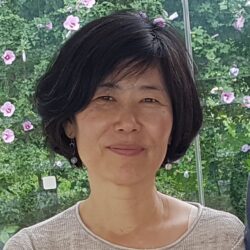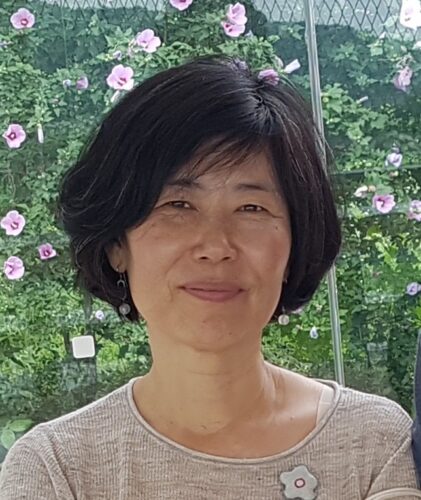
Overview
During two months of engagement work in South Korea, students will work in several educational facilities for migrant/refugee communities. The work will focus on various issues such as education, adjustment, and other well-being concerns of the community members. This program engages with both the challenges and opportunities arising from shifting demographics and the changing fabric of South Korean society, and the impact on refugees and migrants from Russia, China, Vietnam, the Philippines, Pakistan, Bangladesh, Nepal, North Korea and elsewhere. The program focuses on engaging with the everyday realities of a rapidly changing social dynamic, recognizing and understanding the complexity of the situation and working towards building friendships and lasting relationships of mutual transformation for Duke students and community members.
The program was established from the program directors’ community networks in South Korea over decades of living and working in the country. The program was created with the recognition that mutual understanding and benefits could be achieved through building lasting connections between local communities and Duke students by sharing curriculum and programmatic resources and interests.
Community Partnerships
Students will devote most of their time to serving as a group in three main sites, all located in the capital city of Seoul:
- Jiguchon School, a school for immigrant children (3-4 weeks)
Activities: designing and running an English immersion program for elementary school children; after-school tutoring of middle school students. In Jiguchon School, students will spend approximately 3-4 hours for class preparation and 4-5 classroom contact hours each day, contributing to the school’s teaching and extracurricular activities – sports, language and arts, computer skills, and so on – conducted in English. - Haneulkkum School and Banseok School (3-4 weeks)
Activities: helping prepare for GED (General Education Diploma) test, participating and developing activities for engaging with North Korean refugee communities. At the school, Duke students meet and interact with North Korean refugee community members and assist with their English language learning for reading, writing, listening and speaking.
Program Requirements
Language: Students from diverse backgrounds, interests, and linguistic competence will be considered.
Pre-departure meetings: All students selected as finalists are required to attend meetings in person during the spring semester and a one-day workshop prior to departure.
Coursework: Students who do not have any prior knowledge of Korean are required to take (or at least audit) KOREAN 101 in the spring. Also, students who have never taken Korea-related courses before are required to take AMES 175 (Critical Militarism Studies), AMES 372 (Two Koreas), AMES 436s (East Asia and Empire(s): Korean History as a Decentering Praxis), or other related courses in the spring semester before the summer engagement. A statement of such intent is expected in the application.
Skills: Ability to excite young children, teenagers and young adults and work with others. Ability to engage in creative, cultural and social activities such as music, performance, arts and sports; generating digital film and media content; basic camera operation; blogging; and photo editing/layout.
Personal qualities: Enthusiasm, empathy, and open-mindedness toward understanding new communities and cultural and social inequalities and differences.
Logistics
Housing meals, and transportation: Students will live in an extended stay hotel, with two people per room. The hotel is close to a public transportation hub for easy commuting to service sites. Subway trains run very frequently and a one-way trip (with transfer) takes approximately an hour. The hotel is equipped with essential amenities including electricity, internet access, and a bathroom with a shower in each room.
Local safety, security, and cultural norms: We encourage students who have questions or concerns about health or safety in international programs to check Duke’s International SOS (ISOS) portal for relevant information. If you have special needs related to health, culture, disability, or religious practices, please contact the program director(s) or the DukeEngage office to discuss whether your needs can be accommodated in this program.
For guidance on how race, religion, sexual/gender identity, ability, or other aspects of identity might impact your travels, we suggest exploring the Diversity, Identity and Global Travel section of the DukeEngage website.
Academic Connections
This program is open to all, and might be of particular interest to students studying migration, multilingualism, education of minoritized groups, and human rights issues and/or the histories and contemporary societies of Asia broadly defined and U.S.-Asia relations. Students interested in careers in education, language planning and ideology, public policy, government, human rights, and social services may benefit from this program. Our alumni have successfully entered many of these career paths.
DukeEngage cannot guarantee that any program will occur. Dates and program details are subject to change, and programs may be cancelled for various reasons, including geopolitical or public health issues.
Student Reflections from 2022
-

A new theory of change
Published by Hyonjun YunAs Duke students, we often think in the grandeur. We wish to create systemic change. We wish to create groundbreaking …Read more -

Reflections from DukeEngage Korea: Perspective
Published by Ella DavisI think sometimes we think that the way we see the world is the way everyone else does, or should. …Read more
Photo Gallery: DukeEngage Korea
-
View Image 1:

-
View Image 2:
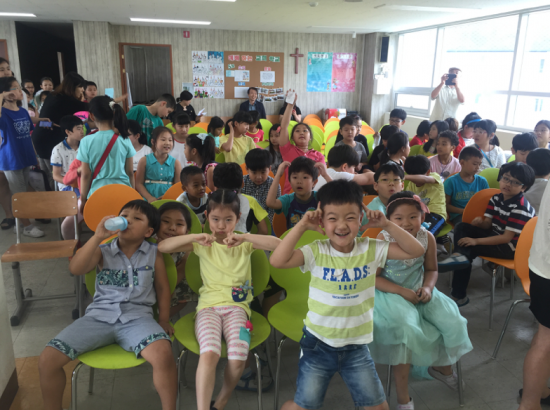
-
View Image 3:

-
View Image 4:

-
View Image 5:
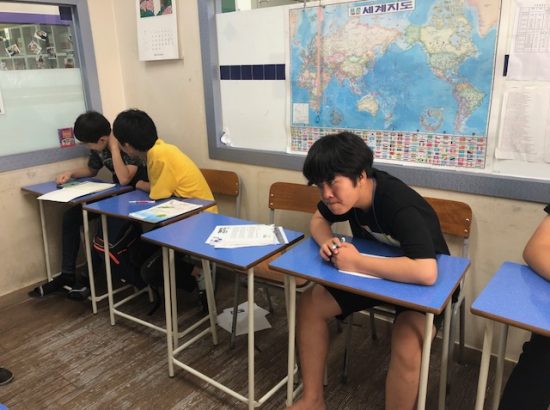
-
View Image 6:

-
View Image 7:

-
View Image 8:

-
View Image 9:

-
View Image 10:

-
View Image 11:

-
View Image 12:

-
View Image 13:

-
View Image 14:
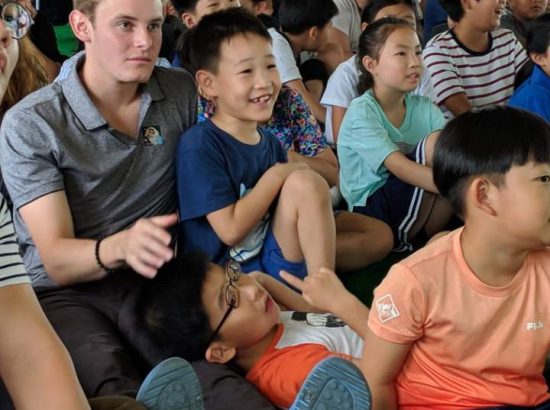
-
View Image 15:

-
View Image 16:

-
View Image 17:
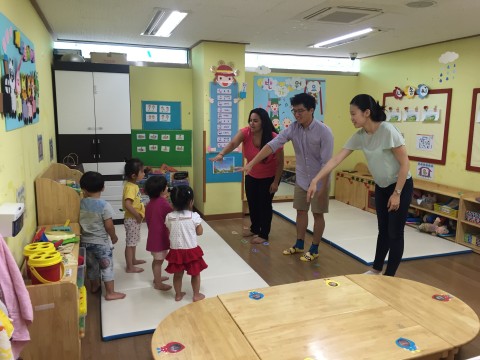
-
View Image 18:
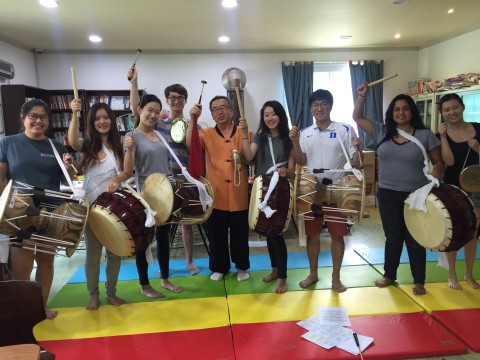
-
View Image 19:

-
View Image 20:
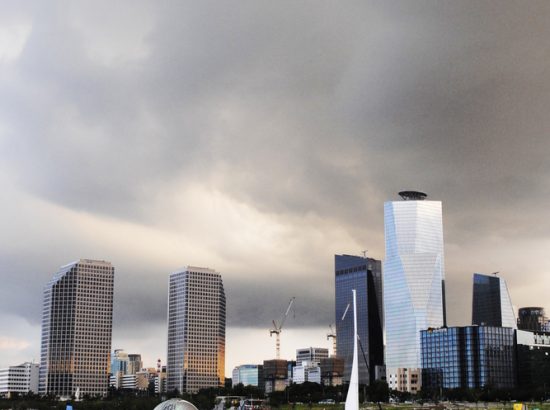
-
View Image 21:

-
View Image 22:

-
View Image 23:

-
View Image 24:
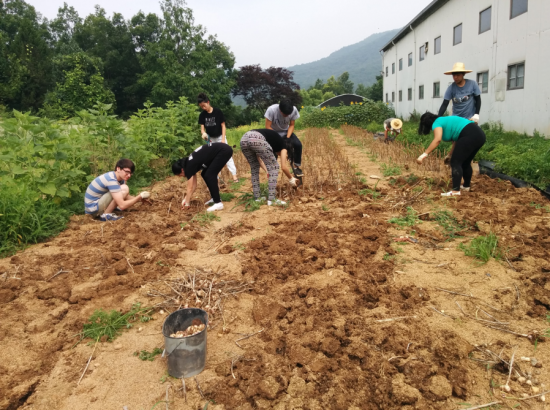
-
View Image 25:

-
View Image 26:

-
View Image 27:

-
View Image 28:

-
View Image 29:

-
View Image 30:

-
View Image 31:

-
View Image 32:

-
View Image 33:

-
View Image 34:

-
View Image 35:

-
View Image 36:


